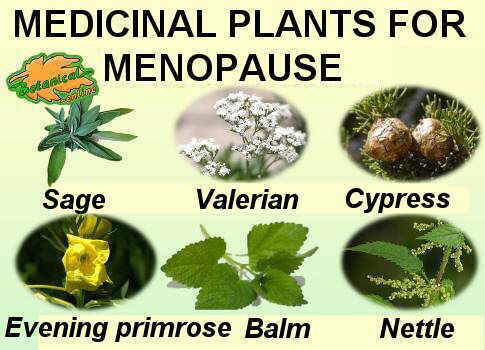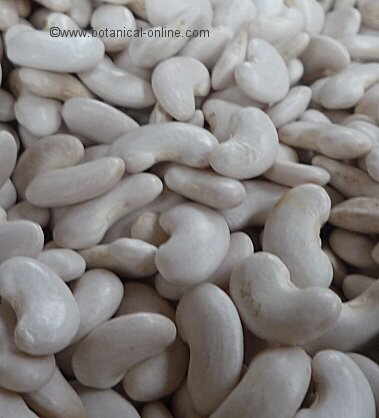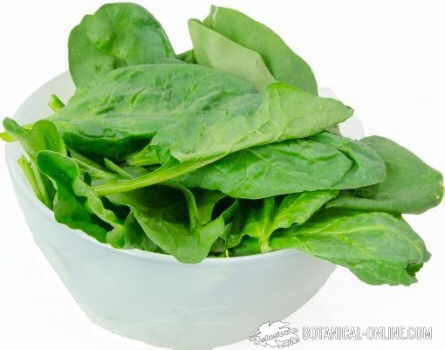Contents
What vitamins or minerals are good to prevent caries?
What vitamins are good to avoid caries?
 Strawberries are rich in vitamin C, very suitable to prevent caries
Asparagus contain lot of vitamin A, very important for teeth formation |
- Vitamin C for caries : Vitamin C protects the teeth and prevents gums bleeding, and, at the same time, protects them from possible infections. Among the main foods rich in this vitamin we have have peppers, citrus fruits (oranges, lemons, grapefruits, cauliflower, radishes, brussels sprouts , spinach, bananas, apples, melons, watermelons, carrots, pineapples, pears, papayas, barley, garlic, berries, celery, peas, strawberries, grapes, figs, beans, cranberries, potatoes, avocados, soybeans, custard apples, mangoes, pomegranates, coconuts, etc.
- Vitamin A for caries : Vitamin A is very important in the formation of bones and teeth. Swiss chard, spinach, watercress, carrots, borage (, squash, tomatoes asparagus, dandelion, peppers, watermelons, melons, sprouts, bananas, apples, plums, oranges, raspberries, currants, mangoes, beans, etc.
- Vitamin D for caries : Vitamin D is necessary for proper absorption of calcium, a mineral essential in the formation of bones and teeth. This vitamin is present in negligible amounts in foods of plant origin. Animal foods that contain them are milk, eggs, butter, margarine, cod liver oil, fatty fish (sardines, herring, salmon, tuna, etc.)
Vitamin content in these products is not very high, so today can be added to many of them. Each liter of milk is usually reinforced with 400 IU of this component. Cheeses and yogurts usually do not carry it, so that they practically do not contain it. Vitamin D in food is known as vitamin D2 or ergocalciferol. Do not forget that the sun is needed for the vitamin may be developed
What minerals are good to avoid caries?
- Calcium for caries : Calcium is one of the most important mineral whose main function is to keep bones and teeth in good condition.
Plants that have this mineral are those vegetables that have dark green leaves, like spinach (These, however, are not recommended as calcium sources because they contain a lot of oxalates that block its absorption) or broccoli sprouts. Legumes, such as dry beans or soybeans, contain plenty of calcium. Grains or nuts are also rich in this mineral, especially oats and almonds. (Almond milk has more calcium than cow milk). Dried figs and, above all, tofu are particularly interesting in calcium.
Cheese, besides containing plenty of calcium and phosphorus, is able to alkalinize the pH of your mouth making it suitable for the control of caries and other diseases of the teeth.
- Magnesium for caries : 70% of magnesium is found in bones. Magnesium is involved in the formation of bones and teeth. (It helps to form the enamel of teeth and healthy bones)
Cereals are the main foods rich in magnesium (wheat, oats, barley, etc.) or its derivatives (bread, wheat germ, pasta, etc.) Many plant foods contain magnesium. Purslane is very rich. It is an edible wild plant that ranks second among the plants richest in this mineral after the bark of hickory (Carya spp.). Other plants within reach that contain this mineral are, in order of most to least amount, black beans, oats, spinach, lettuce, borage, asparagus, watercress, cucumbers, wheat, pumpkins, potatoes, peas, radishes, plums, almonds, melons, celery, endive, grapes, beans, rice, nuts, apricots, raspberries, avocados, bananas, lentils, onions, pears, pineapples, oranges, papayas or peaches.
![]() More information about tooth decay.
More information about tooth decay.









